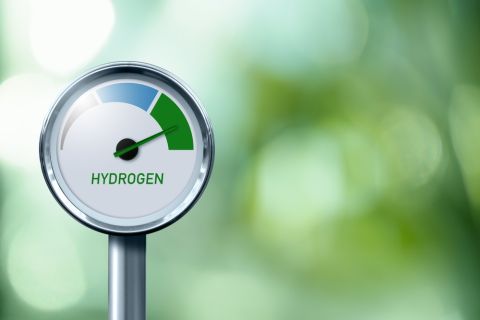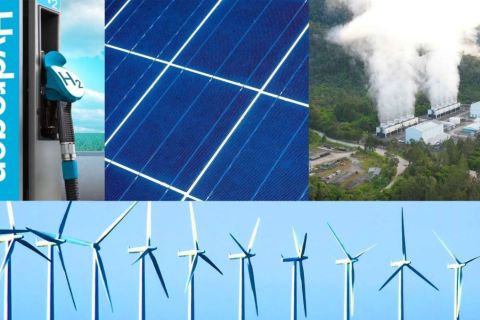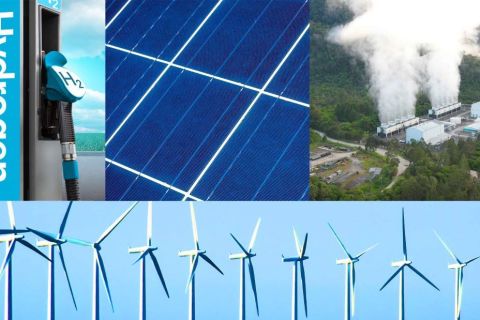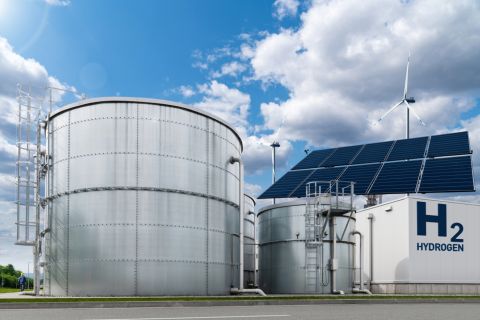The influential mayor of Montreal and leaders representing 81 nearby municipalities said on Jan. 21 they oppose TransCanada Corp's proposed Energy East pipeline because of environmental and economic concerns.
Energy East, which would take up to 1.1 million barrels of oil per day from Alberta and Saskatchewan to the east coast, is facing increasing political problems as environmental and aboriginal groups ramp up protests against the project.
TransCanada and Alberta's landlocked oil sands industry are looking to Energy East as a means to reach international markets after the company's Keystone XL pipeline project to the United States was rejected by President Barack Obama last year.
Montreal Mayor Denis Coderre, a former federal Liberal cabinet minister, said in a press conference he would oppose the pipeline during future hearings by provincial and national energy boards over concerns the route could endanger forest and agricultural land.
Dates for the hearings are not yet known, Coderre said.
In an interview later with Reuters, Coderre said the Energy East project generates inadequate economic spinoffs and creates environmental risks for the Greater Montreal region, which has about four million people and accounts for half of Quebec's GDP.
"It didn't pass the test at all," he said by phone.
While local opponents of the pipeline may carry moral and public clout, they cannot block the project. The Canadian government will make the final decision based on recommendations from the National Energy Board.
But environmentalists said the prospects of the project going ahead looked dim.
"Facing growing opposition, TransCanada's Energy East project appears to be dead in the water, even before the regulatory review has started," Adam Scott, a spokesman with Environmental Defence, said in a statement.
A TransCanada spokesman said the Calgary-based company is expecting hearings to be held in 2016 and a final report from the NEB to be published in 2017, although those dates are not definitive.
In December, TransCanada filed an amended application to remove an export terminal in Quebec - one of two originally planned for the project - because of opposition by environmentalists.
Tim Duboyce, a spokesman for Energy East, said by phone from Calgary that TransCanada officials would be willing to meet with Coderre and seek feedback over safety and environmental concerns during future consultations, including one planned in Quebec.
"To date, since we launched this project two years ago, we've made 700 changes to the route," he said on Jan. 21. "We are responsive to the concerns and questions."
He said the main Energy East pipeline does not cross into the territory of Montreal. One interconnection line, however, attaches to a refinery operated by Suncor Energy on the eastern end of Montreal Island.
Recommended Reading
Tangled Up in Blue: Few Developers Take FID on Hydrogen Projects
2024-04-03 - SLB, Linde and Energy Impact Partners discuss hydrogen’s future and the role natural gas will play in producing it.
Shell Taps Bloom Energy’s SOEC Technology for Clean Hydrogen Projects
2024-03-07 - Shell and Bloom Energy’s partnership will investigate decarbonization solutions with the goal of developing large-scale, solid oxide electrolyzer systems for use at Shell’s assets.
Energy Transition in Motion (Week of Feb. 2, 2024)
2024-02-02 - Here is a look at some of this week’s renewable energy news, including a utility’s plans to add 3.6 gigawatts of new solar and wind facilities by 2030.
Energy Transition in Motion (Week of March 1, 2024)
2024-03-01 - Here is a look at some of this week’s renewable energy news, including Chevron’s plans for a solar-to-hydrogen facility in California.
Kraft Heinz, Carlton Power Partner to Develop Green Hydrogen Plant
2024-02-05 - Located at Kraft Heinz’s Kitt Green manufacturing plant in Wigan, Greater Manchester, the proposed $50.1 million plant will have a 20-megawatt capacity.





